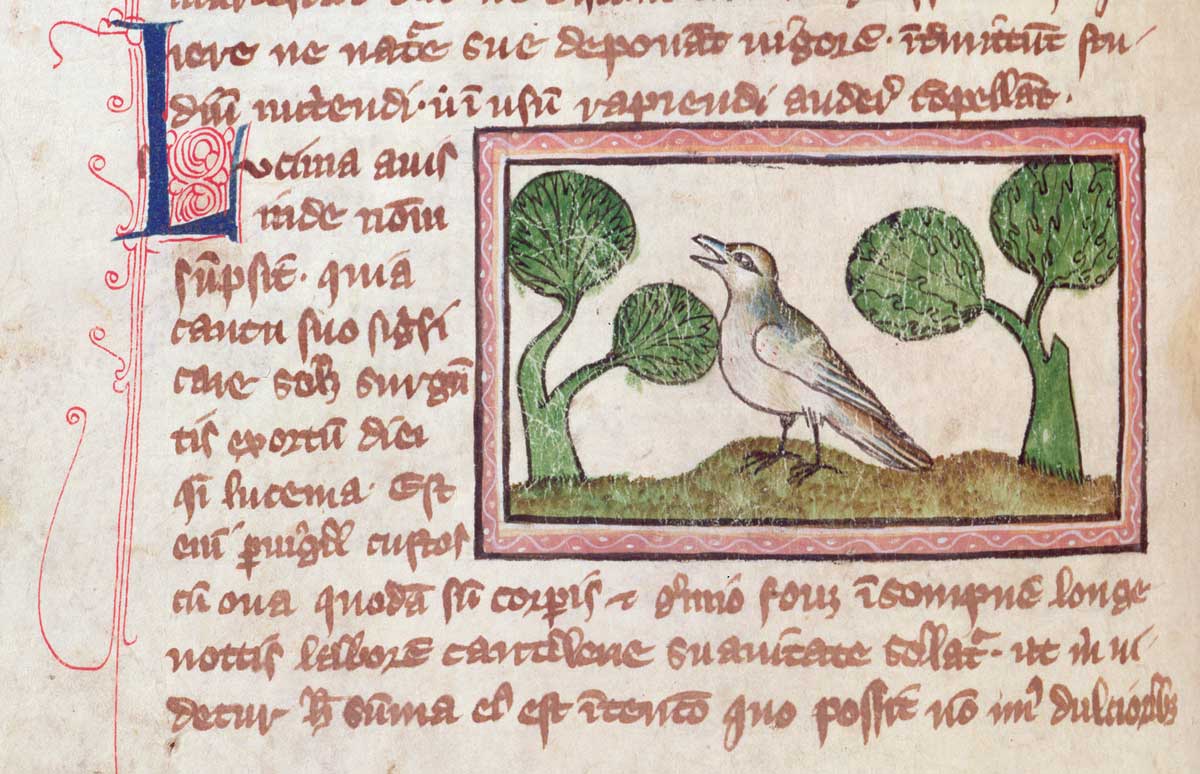The Early Life of Gibberish - 1 minute read

For as long as the English language has been spoken, we have entertained the possibility of talking gibberish. While nonsense uses real words to make sentences that make no sense, gibberish is made of sounds and syllables which cannot be decoded. It may seem the most stupid and pointless of human activities, but its expressive power is age-old. As far back as the Old English medical charms, preserved in a manuscript copied around the year 1000, we find gibberish at play. Like the abracadabra that accompanies a magic trick, many of these charms give words to be said alongside the treatment. A proportion have as their magic words more-or-less garbled snatches of other languages – Latin, Greek, Hebrew or Old Irish – and some have combinations of letters which, despite the best efforts of assiduous scholarship, seem to be purposeful gobbledygook. Rather than having referential meaning, their job is to sound important, strange and unintelligible, giving what we might call a linguistic placebo effect.
Source: History Today Feed